Psychometric assessments ensure on board safety
Crew and ship management company Marlow Navigation is using Mintra’s SafeMetrix, psychometric assessments, to create a holistic recruitment process that allows for the measurement of technical abilities along with soft and cognitive skills. SafeMetrix is giving Marlow increased confidence that recruitment decisions are resulting in safer operations at sea.
“You cannot leave safety at sea to good luck, and technical skills alone do not automatically make you a good seafarer,” said Joern Clodius, training director at international crew and ship management company, Marlow Navigation.
That statement may seem at odds with the notion that a seafarer’s career success hinges on their ability to demonstrate the technical competencies, such as navigation, cargo handling, maintenance and repair works, that are required in maritime roles.
But, after having conducted psychometric testing on over 1,000 seafarers, the team at Marlow now believe that an aptitude for situational awareness, problem solving, coping under pressure and interpersonal skills is just as critical for today’s seafarers.
Cyprus-headquartered Marlow operates in more than 10 countries, with approximately 1,000 shore-based staff and over 14,000 crew working at any time on board the estimated 1,000 vessels under the company’s crew management. The company decided to examine its process for hiring after an accident in 2015.
Although Marlow and its crew did not cause the incident, the consequences were felt so powerfully that the company wanted to ensure it was appointing people with the right set of technical and cognitive and soft skills.
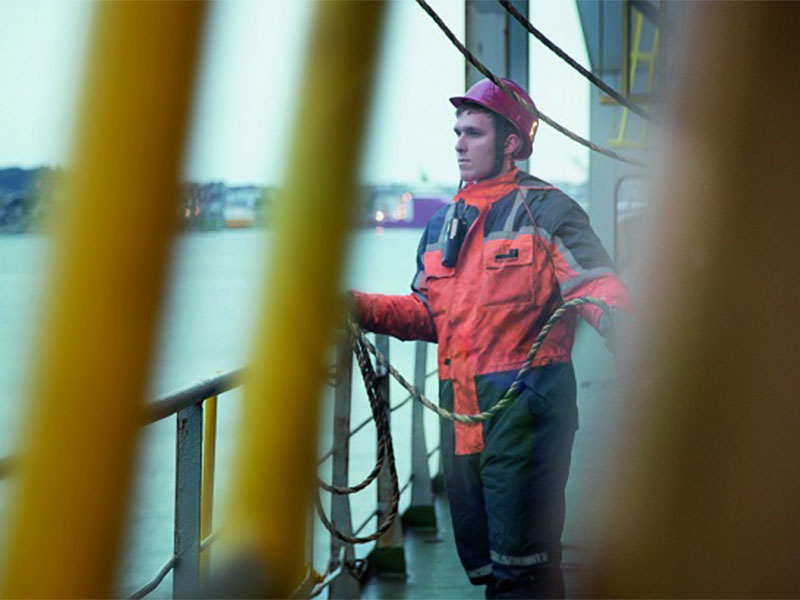
“You cannot leave safety at sea to good luck, and technical skills alone do not automatically make you a good seafarer."
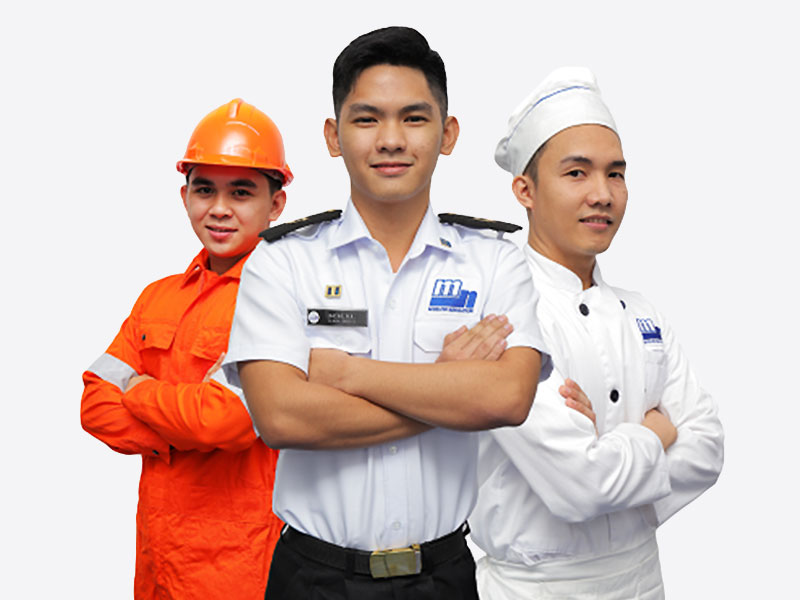
Marlow looked into psychometric testing solutions that were used to recruit in the cruise ship sector but was unable to find one that could cope with the high number of officers and engineers to be assessed.
The company had a successful relationship with Safebridge – a company acquired by Mintra in 2021 – and it was decided to develop a completely new psychometric assessment platform that brought together expertise from both sides.
The result of the partnership was the creation of SafeMetrix in 2018 – a platform designed to test the soft skills and cognitive abilities of seafarers on a rank-specific basis. As well as being used in the recruitment process, crew managers and HR professionals can embed it into appraisals for determining promotions and areas of development for training.
A total of 13 uniquely different soft skills are assessed, which are grouped into three clusters of coping under pressure, self-management and interpersonal skills. This ensures that candidates applying for specific roles have the desired attributes for that role.
For example, a cadet would benefit from the ability to follow instruction and have good interpersonal skills so they can integrate with a multicultural crew, whereas a master would be expected to demonstrate strong leadership qualities and problem-solving skills.
Cognitive skills – the way the brain reasons, thinks and solves problems – are assessed in a performance-based test focused on speed and accuracy, memorisation, problem-solving, spatial orientation visualisation and information ordering.
Reports are automatically generated from the platform, however, further and more in-depth interpretation of the assessment results and how they represent the skills and attributes of the candidate can also be conducted by Mintra’s in-house psychologists.
Marlow now uses SafeMetrix for the recruitment and career development of management level officers and engineers. Mr Clodius estimates that over 1,000 seafarers have now been exposed to SafeMetrix, representing more than 2,000 soft skills and cognitive assessments.
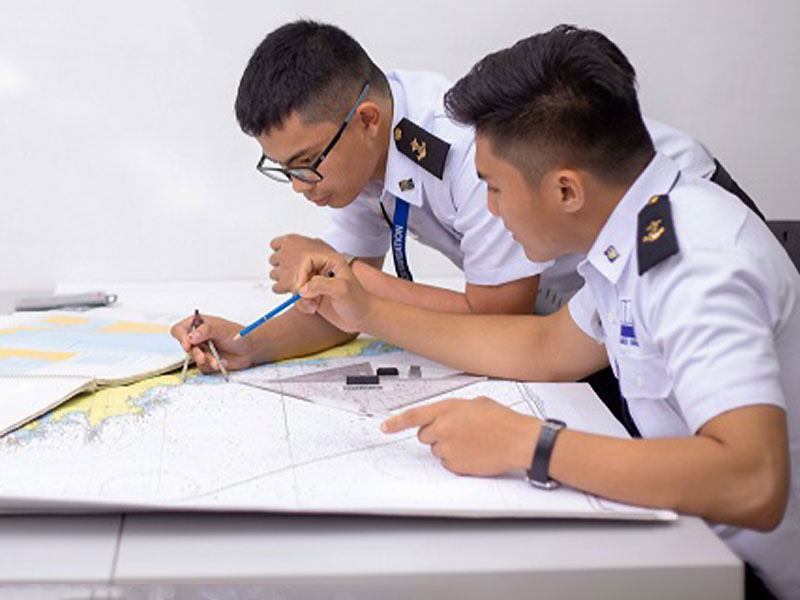
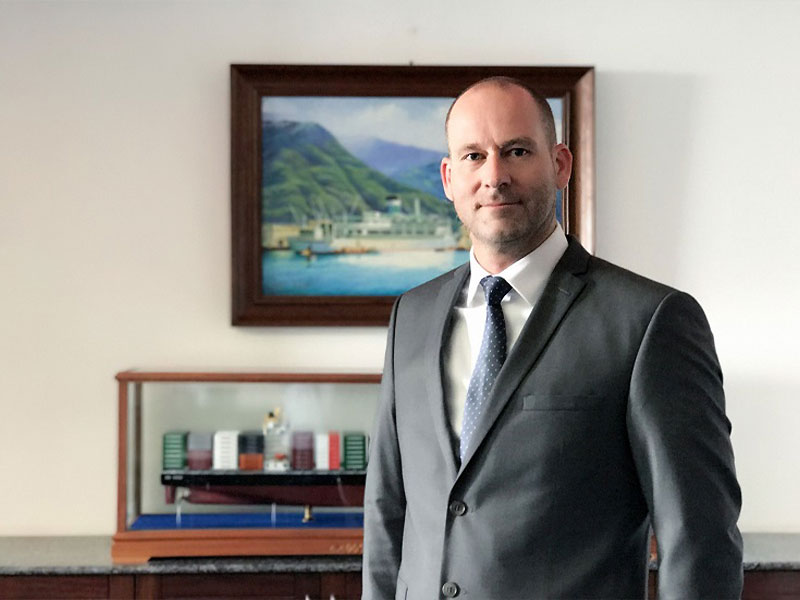
He explained: “SafeMetrix assessments are particularly important for newly hired crew where we do not have any track record of the candidate. The results of the psychometric assessments are one of the factors we use to differentiate between candidates, in addition to technical assessments and face-to-face interview.
“The assessments are also useful for appraisals for existing crew as the process can be subjective: we use the testing in SafeMetrix to counter check or challenge our records.”
SafeMetrix has many benefits, including reducing staff turnover – crew that are appropriately matched to a role on the basis of their skills are thought to be more content therefore more likely to remain in post – which also has an impact on recruitment costs.
However, Marlow did not place a particularly high level of importance on those benefits, instead focusing on the bigger picture of how SafeMetrix might positively impact on safe operations of the vessels.
"SafeMetrix is now crucial because we know that if we are improving the quality of the crew based on these assessments of non-technical skills, then we are also improving safety."
“SafeMetrix has not led to a reduction in staff turnover as we would have still had the same number of vacant positions that needed to be filled. However, it was never the intention to use it for that purpose,” said Mr Clodius.
“There has not been a decrease in recruitment costs – overheads are now more because of the cost of the system and the reports, although it could be argued that having people with the correct skills is a cost factor in the long-term if it prevents accidents. Nor has SafeMetrix increased the speed of the decision-making process.
“It is also difficult to quantify what risks we would have been exposed to if we had recruited differently and had another person in place. On top of this, since we started using SafeMetrix, we have had the impact of the Covid-19 pandemic and the crew change crisis which may be affecting mental health and wellbeing on board.
“So, it is difficult to be certain whether issues relating to poor judgement are caused by the stress of being away on extended contracts or if the seafarer would have made that wrong choice in any event.
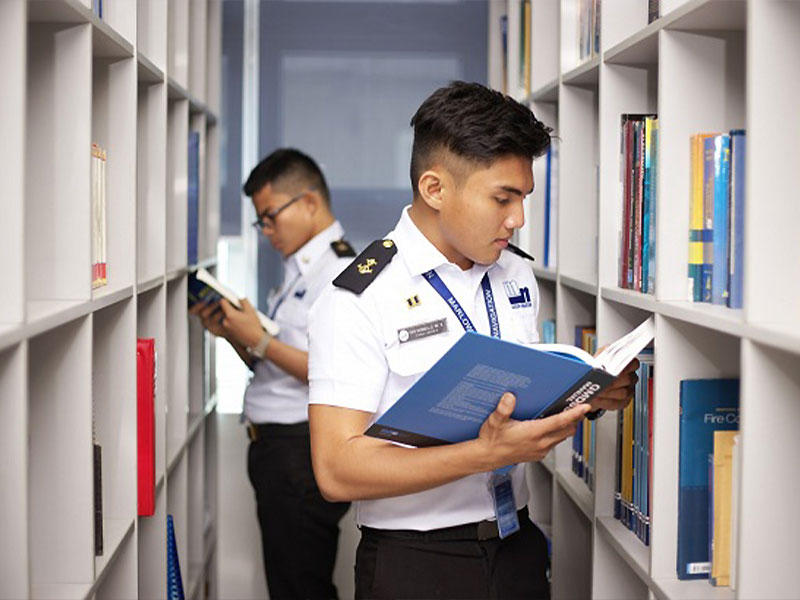
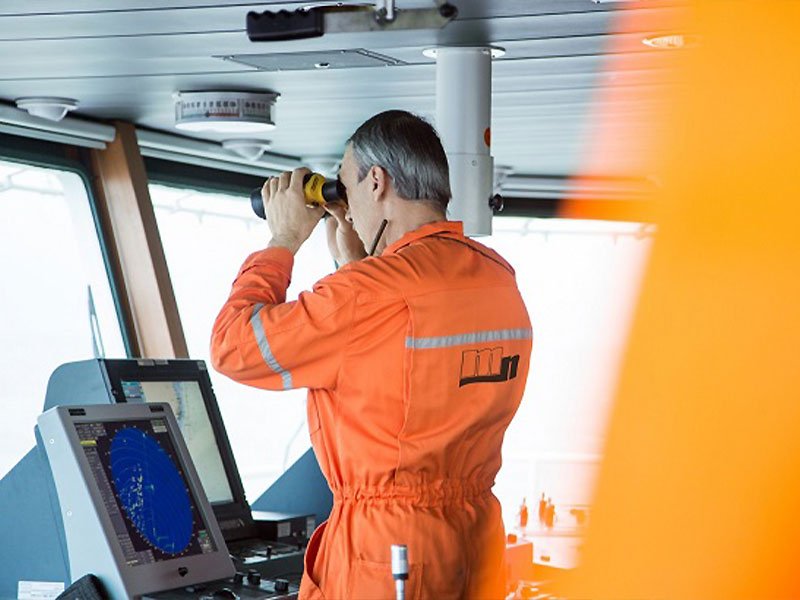
“You may wonder, then, why do we use SafeMetrix at all? The answer is to improve the quality of the recruitment process. SafeMetrix is now crucial because we know that if we are improving the quality of the crew based on these assessments of non-technical skills, then we are also improving safety.
“You cannot be a good navigator if you are lacking spatial awareness or decision-making skills. If you are missing social skills and the proper approach to interacting with the crew, it does not make you a good leader. If you are unable to negotiate, then you are not going to deal with third parties such as inspectors.
“What SafeMetrix does is give us more confidence in recruitment decisions because it has shifted the focus away from technical skills alone. If we are more confident in the recruitment decision, we are more confident of safe operations.”
Learn more about SafeMetrix here >
Insights & News
At Mintra, we're so much more than just a team—we're a force driving innovation and excellence in maritime training across Europe.
We’re excited to be taking the stage at one of Europe’s leading showcases of organisational learning.
We are delighted to share the exciting news that our People and Culture team has been shortlisted for the prestigious cHeRries Awards!